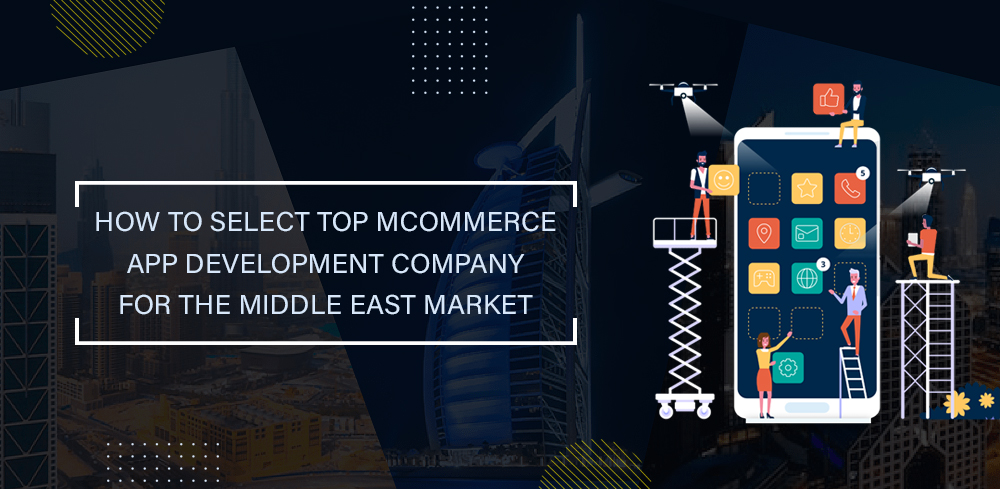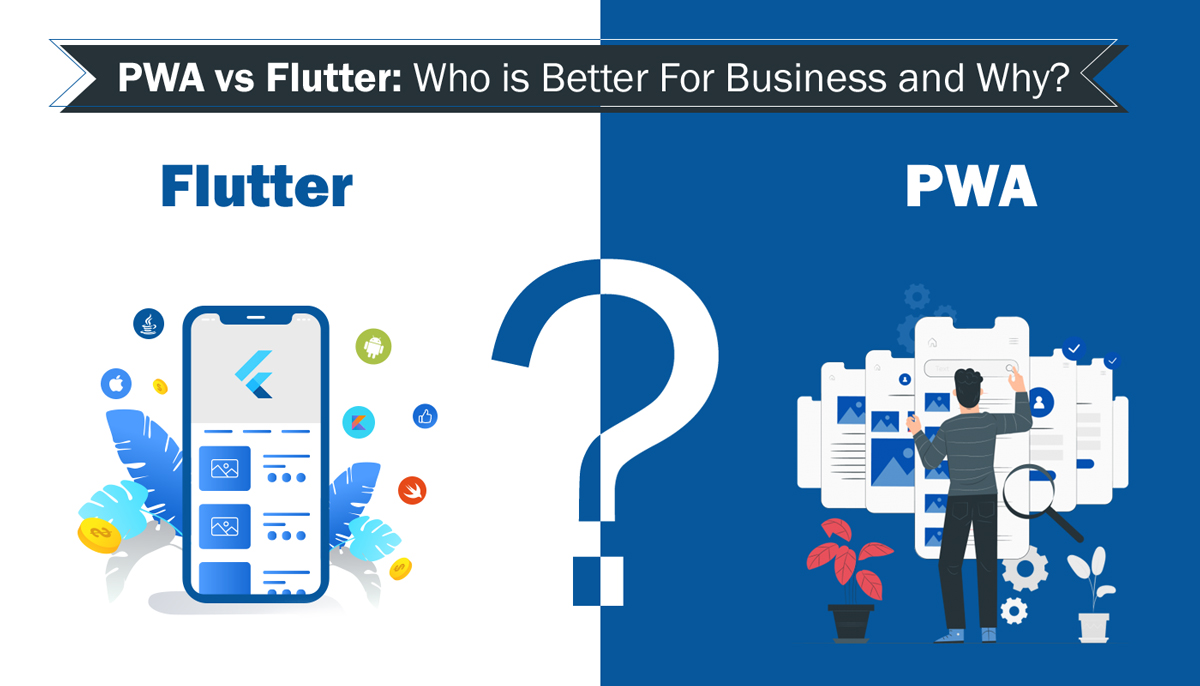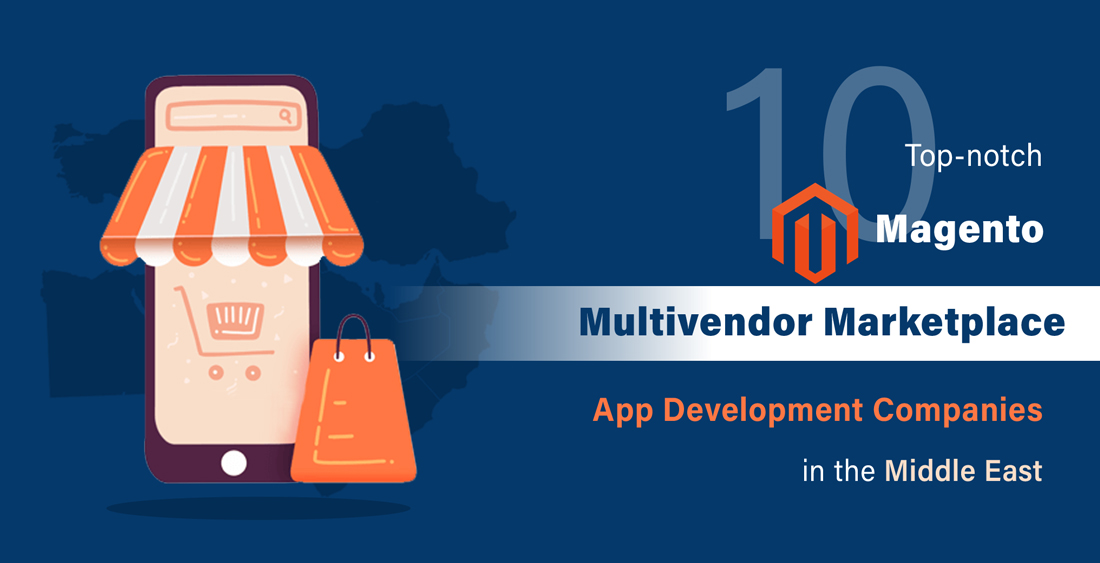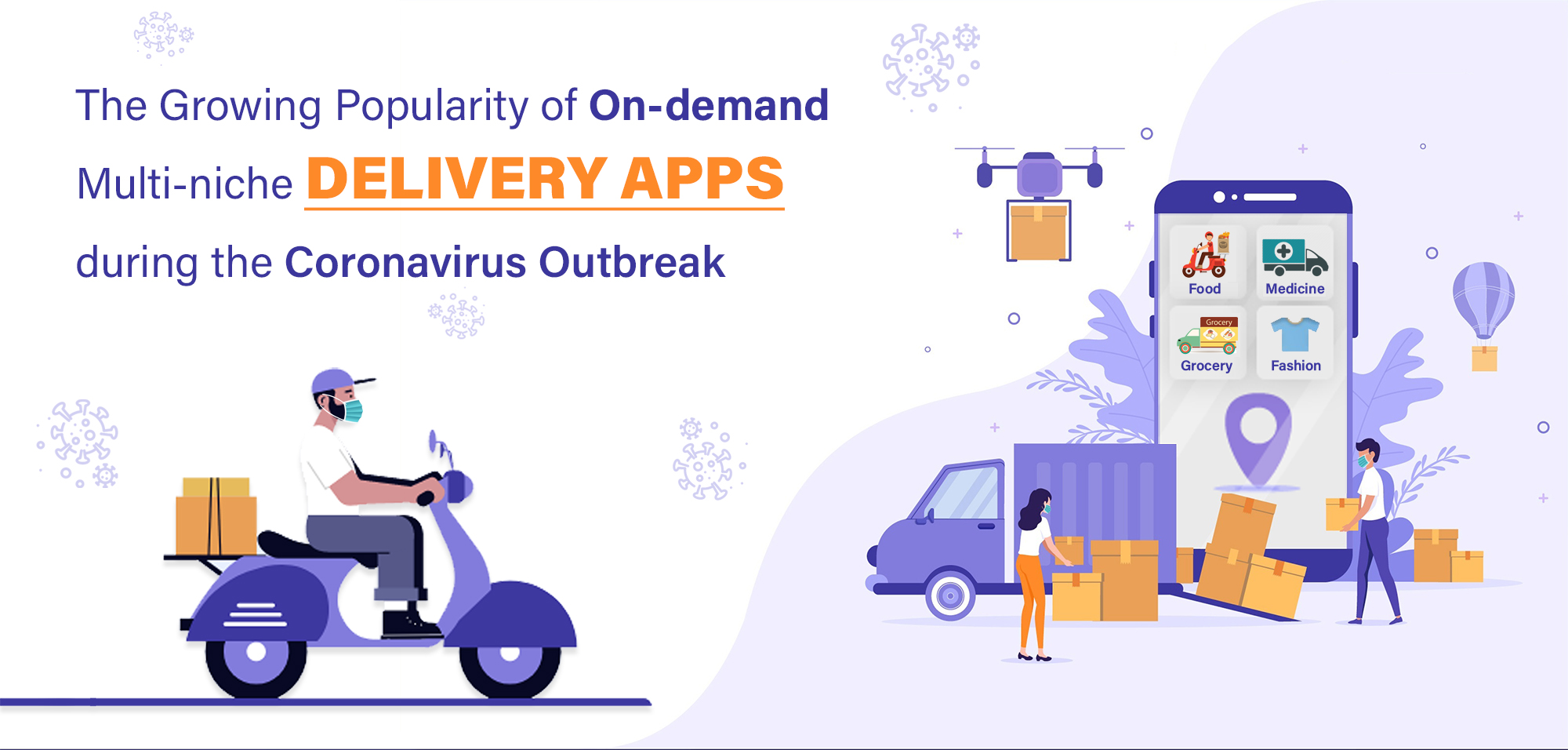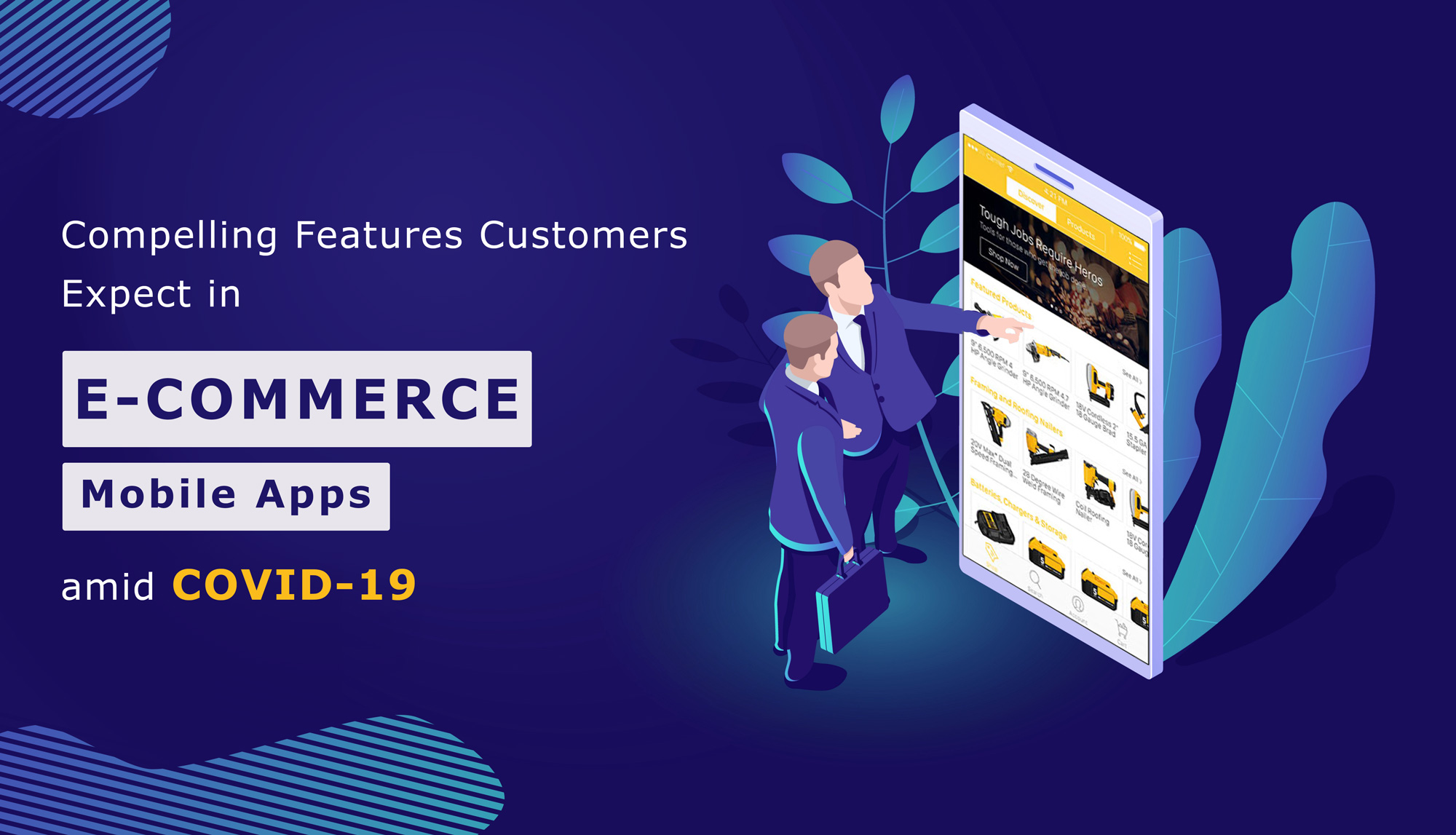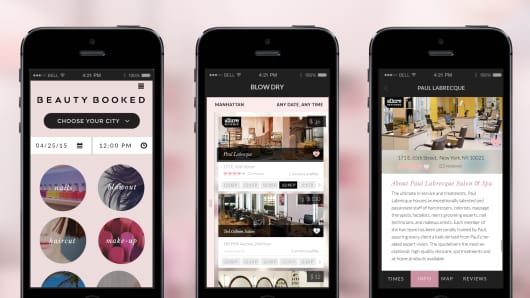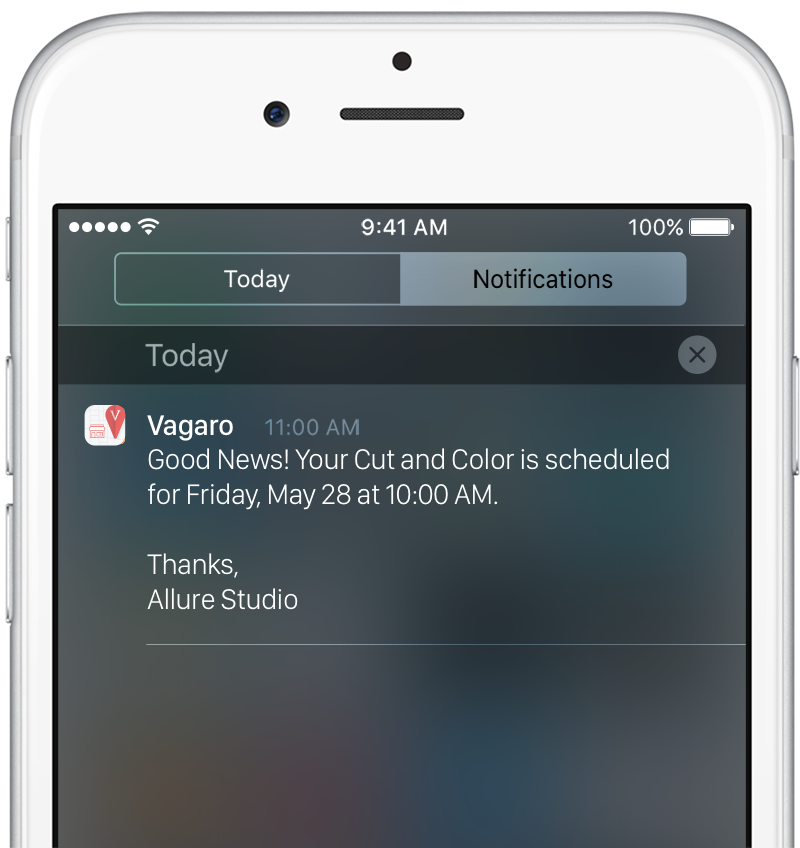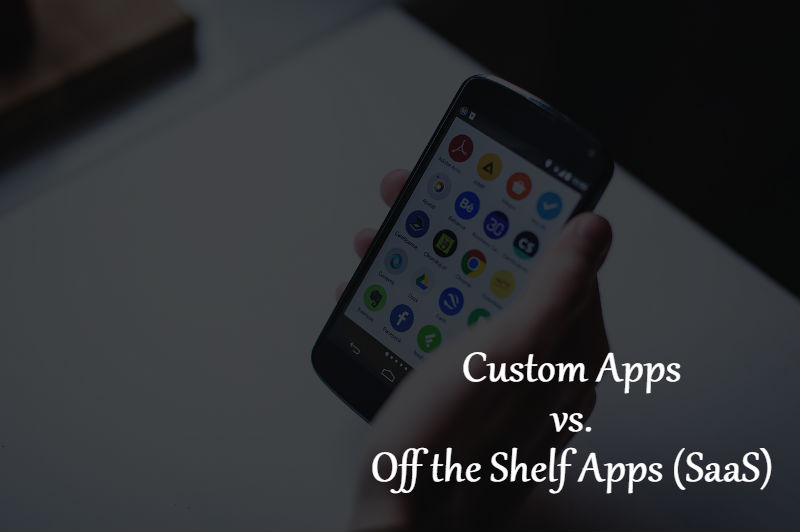If there is one thing that this pandemic has taught us than it would be the importance of digitalization. For all those businesses who had managed to continue their operations and grow during these dire times were the ones that had a strong online presence. Whether you talk about the USA or the Middle East, e-commerce saw unprecedented growth all across the globe. For instance, reports found that E-commerce expenditure of the Middle East exceeded the expected figures by approximately $52 billion from March to July!
Also read: COVID-19 Effects: E-commerce and the Change in Consumer Behaviour in the UAE
While many think that these changes are temporary, but studies show that these buying habits will change consumer behaviour completely and that they would rely on online buying platforms more even in the post-pandemic world. But if you are planning for digitalization of your business, there is one platform that you must have and that is a mobile commerce platform or a mobile application for your business! The reason for that is simple; people are literally living-off their phones and if you wish to become a trusted brand amongst your customers, you must be present on their home screens.
However, the Middle East has its own culture and its own set of expectations and if you wish to make a mobile application for the people of the Middle East, you must choose a mobile commerce app builder that understands the Middle East market and your business expectations. To help you make an informed decision, below are a few of the traits of an ideal m-commerce app builder for the Middle East:
Traits of an ideal mobile commerce app builder for the Middle East:
1. Market Understanding:
The Middle East has its own set of protocols and procedures as well as customer expectations. The rules and customer behavior also differ in various regions of the Middle East! For instance, Saudi Arabia and UAE had the highest mobile broadband levels in the year of 2016. At 114 % and 111 % mobile data usage respectively, these Gulf nations were more connected than any other country in the world. On the contrary, Egypt only had a 36 % mobile broadband level in the same year.
Similarly, each governing body of the Middle East has its own set of rules for their regions as well. Thus, when you choose a mobile commerce app builder for your business, they must know about the market and the rules and regulations that they must follow. When the mobile app developers working on your platform have such market understanding, they can save your application from unwanted troubles, banishments or fines and also help you make your mobile app relevant for your target customers.
2. Proven Track record:
To ensure that the Mobile Commerce app builder that you choose for your m-commerce platform has the required technical proficiency to accomplish your m-commerce platform, ask for their portfolio and analyze how the platforms are performing in their respective markets. Also, ask for client contacts and references and go through the company’s reviews on different review platforms. Apart from that, what you can do is personally interview the developers that are going to work on your project and ensure that they have the required market understanding and that they have the required domain knowledge as well.
While each project and business has its own set of requirements, when the developers are experienced and have the required technical proficiency as well as the domain knowledge, they can help you understand the challenges that you might face with your project and can provide you a realistic development timeline.
3. Localization capabilities:
Personalization of a platform is one of the biggest customer winning factors for any mobile commerce platform. Thus, the m commerce app builder that you choose for your platform must provide you with enough personalization and localization options. To deliver personalized experiences to your customers, it is essential that your developers understand the customer expectations well and has a clear picture of the user persona. This knowledge will help you with better customer segmentation and ultimately help you gain deeper customer insights that will help you make informed decisions. Apart from that, the platform must also represent the local culture of the region that you are targeting and thus, the mobile commerce app builder must provide your mobile platform with enough localization factors such as language, font, payment portals and others.
4. Scalability and App Support:
The development of the mobile application is not a one-time project anymore. With constantly changing customer expectations as well as market requirements, appreneurs have to keep evolving their platform with frequent innovations and software updates. While innovations will help you gain a competitive edge in the market, updates will help you align your mobile commerce platform with your customer expectations. Thus, when you choose an app builder for your m-commerce platform, ensure that they provide the required scalability and post-development app support.
Recommended: 10 Top-ten app development companies in the Middle East
Parting Words:
The cost of developing a mobile commerce platform is relatively high no matter what domain or region you belong to. With an ideal m commerce app builder at your corner, you can ensure that the money that you spend on your mobile commerce platform is an investment and not an expense. Make an informed decision and ensure that the eCommerce mobile app builder that you choose for your project contributes towards your application and establishes a value-based partnership that creates a win-win scenario for both.
